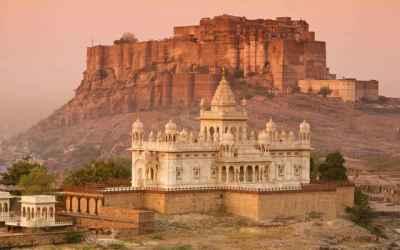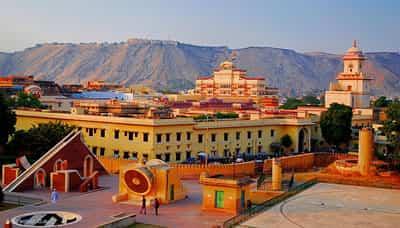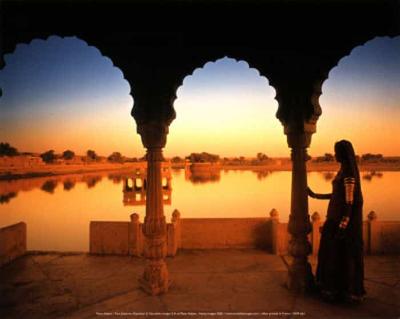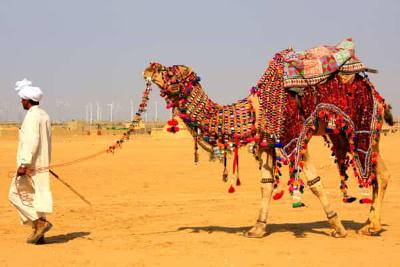Understanding the Religions of Rajasthan
Understanding the Religions of Rajasthan
Rajasthan is a state in India known for its rich cultural heritage and vibrant traditions. The land of royals is not only famous for its magnificent palaces, forts, and cuisine but also for its diverse religious communities. As a traveler, exploring the religions of Rajasthan can provide a deeper insight into the history and beliefs that have shaped this colorful state.
Hinduism
Hinduism is the predominant religion in Rajasthan, with the majority of the population being Hindus. The state is home to numerous sacred temples dedicated to various Hindu deities. One of the most revered temples is the Brahma Temple in Pushkar, which is considered to be the only temple in the world dedicated to Lord Brahma, the creator of the universe.
Another significant pilgrimage site is the famous Dilwara Temples in Mount Abu. These temples are renowned for their intricate marble carvings and are dedicated to the Jain Tirthankaras. The Eklingji Temple in Udaipur, dedicated to Lord Shiva, is another important Hindu temple that attracts devotees from all over the world.
Islam
Islam is the second-largest religion in Rajasthan, and the state has a rich Islamic heritage. The Ajmer Sharif Dargah in Ajmer is one of the most important Sufi shrines in India, dedicated to the Sufi saint Khwaja Moinuddin Chishti. People from all religious backgrounds visit the shrine to seek the saint's blessings.
Another significant Islamic landmark is the Bara Imambara in Jaipur. It is a striking mosque built by Maharaja Sawai Pratap Singh in the late 18th century. The mosque showcases a blend of Hindu and Islamic architectural styles and is a symbol of religious harmony.
Jainism
Jainism has a strong presence in Rajasthan, with many cities and towns housing beautifully carved Jain temples. The Ranakpur Jain Temple, located near Udaipur, is considered one of the most significant Jain pilgrimage sites. The temple complex features intricate marble carvings and 1444 intricately carved marble pillars, each distinct in design.
The Nakki Lake in Mount Abu is surrounded by several Jain temples like the Adhar Devi Temple and Vimal Vasahi Temple. These temples are known for their stunning architecture and religious significance.
Sikhism
Sikhism, although a minority religion in Rajasthan, has a notable presence. The Gurudwara Sri Jaipur Sahib, located in the heart of Jaipur, is a revered Sikh shrine. The gurudwara also serves langar, a free community kitchen that offers meals to all visitors, regardless of their religion.
Christianity
Christianity has a small but vibrant presence in Rajasthan. The St. Andrew's Church in Ajmer, built during the British era, is a prominent Christian landmark. This elegant church boasts beautiful stained glass windows and is a place of worship for the Christian community in the city.
Conclusion
Rajasthan is not just a land of forts and palaces but also a melting pot of diverse religions. Exploring the rich religious heritage of the state allows travelers to understand the cultural fabric of Rajasthan. From ancient temples to magnificent mosques and serene churches, Rajasthan offers a unique spiritual experience for people of all faiths. So, embrace the spiritual side of Rajasthan and uncover the stories that lie within its sacred sites.
Don't forget to share this blog post with your fellow travelers and friends who might be interested in understanding the religions of Rajasthan!
Disclaimer : The information provided in this blog is for general informational purposes only. While we strive to keep the content accurate and updated, TravelSetu assumes no liability for errors or omissions. If you believe any part of this blog infringes your rights or causes concern, please notify us immediately at info[at]travelsetu[dot]com so that appropriate action can be taken.







